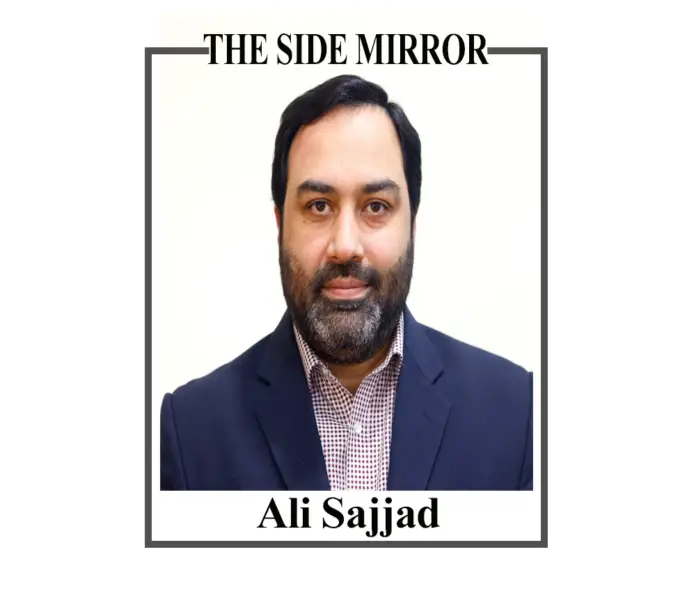My friends are of the opinion that elections bring stability.
But what is happening here in Pakistan that the hopes surrounding the February 8 elections, initially seen as a historic moment for political and economic stability, now brings a shadow of uncertainty over the nation. Despite the passage of 10 days after the electoral clock ticked, uncertainty regarding government formation and chances of a weak government make the whole scenario bleak.
On the polling day, PML-N’s Nawaz Sharif said that he wanted to have a simple majority to run the government. PPP’s Asif Zardari wants to have comfortable arrangements under a coalition government to have a PPP prime minister. PTI’s Imran Khan wanted to have a landslide victory to rule Pakistan.
But results are otherwise: The PPP has a complete control on Sindh, and a good majority in Balochistan. The PML-N has emerged as a single majority party in the centre and Punjab. The PTI-backed independent candidates are in majority in the centre and Khyber Pakhtunkhwa.
But rigging allegations and unwilling coalition arrangements are taking the nation nowhere.
There is a sense that the current trajectory of the elections may not bode well for the nation and the coming government. The prevailing fear is that the poor economic conditions and the conduct of the elections could pave the way for political instability, with a looming threat that such instability could, in turn, trigger economic turmoil.
The manner in which the elections are unfolding is under scrutiny, with concerns escalating that this might become the most controversial election in the country’s history. Some argue that spending a staggering Rs50 billion on an predetermined electoral outcome is an unnecessary extravagance.
The potential ramifications of this election extend beyond the political landscape, threatening to ripple into the economic fabric of the nation. The intrinsic link between political and economic stability underscores the need for a careful and transparent electoral process. A fair election could pave the way for a government with a genuine mandate, instilling confidence among investors and stakeholders. Conversely, a manipulated or engineered outcome may breed skepticism, eroding trust in the democratic process and hindering economic progress.
The significance of fair and transparent elections cannot be overstated, especially in a country grappling with the delicate balance between democratic principles and political maneuvering. The credibility of the electoral process is paramount, as it serves as the bedrock upon which the edifice of a stable and thriving nation is built.
When we talk about the future, we cannot forget the aftermath of the May 9 incident.
I feel the PTI should come forward to make a clear demarcation between the attackers and the political class. The fulfillment of the election conductors’ desires has left Pakistan facing with a reality. In this critical juncture, a collective introspection is imperative. All political parties, including PTI leadership, should prioritize the nation’s well-being over individual political gains and power dynamics. Escalating the situation further should be avoided, and mutual respect for each other’s mandates must prevail.
Ending the acrimony between the establishment and the PTI’s current leadership is vital. In this regard, the PML-N leadership should also play its role. Punishing criminals for their actions is justifiable, but punishing the political leadership is unjust. A strong collaboration among all stakeholders is the need of the hour for the collective good of Pakistan. I wish Mian Nawaz Sharif lead these efforts and make Pakistan a progressive country. He has done in the past by going to the injured Imran Khan in 2013. He should do it again in 2024.
Only through unity, accountability, and a commitment to justice can the nation hope to emerge from this complex and challenging chapter in its political journey.







